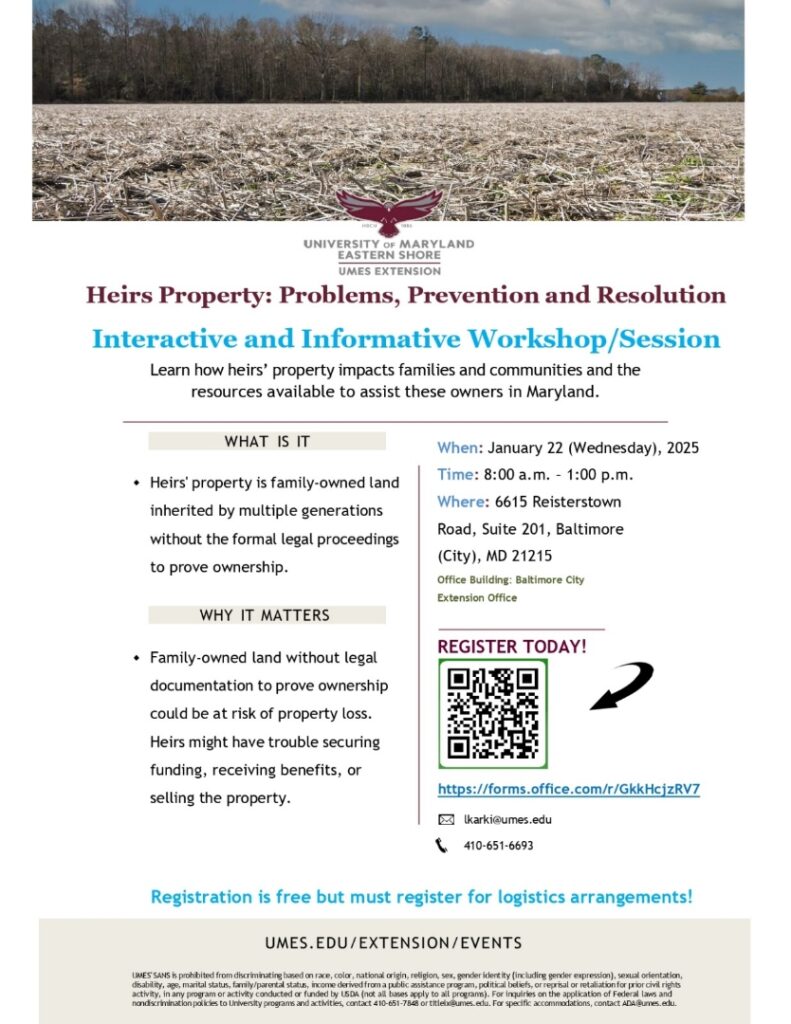A printable version of this publication is available here
Owing a debt you cannot pay comes with many challenges. Just because you have an outstanding debt, however, debt collectors do not have the right to harass you with abusive phone calls. When debt collectors contact you, they are required to interact with you with respect and dignity. It is important to keep in mind that you control the communication relationship with debt collectors, and you have rights to privacy and respect.
The Fair Debt Collection Practices Act (15 U.S.C. Sec. 1692)
The FDCPA is a federal law intended to eliminate abusive debt collection practices and provide consumers with recourse if a debt collector violates the law. This law is intended to preclude any tactics that are unfair, untrue, undignified, or disrespectful.
Pullout quote: A debt collector may contact you through phones calls, text messages, emails, or letters. Just because you have an outstanding debt, however, debt collectors do not have the right to harass you with abusive phone calls.
What types of debt are included?
Any consumer debts are covered under the FDCPA, including credit card debt, medical bills, student loans, auto loans and leases, home mortgages, etc. Debts not covered include business debts, unpaid domestic support obligations (child support, alimony), taxes, fines, or restitution required by a legal judgement.

Who does this law apply to?
The FDCPA only covers third party debt collectors. For example, you had a medical emergency and now owe money to the hospital. The law does not apply to the hospital’s billing department, but it does cover anyone the hospital outsources their debt collection to, or anyone who buys the right to collect your debt from the hospital. These third-party companies must follow the FDCPA.
How can a debt collector contact me?
A debt collector may contact you through phones calls, text messages, emails, or letters.
Are there rules on when and where debt collectors can contact me?
Yes. Debt collectors cannot contact you at inconvenient times or places, or at work. Any communications must be made between the hours of 8:00 am and 9:00 pm daily.
Can I stop a debt collector from contacting me?
Yes. To do so, you must send a written letter by mail asking them to cease contact. If you do not know where to start in writing the letter, the Consumer Financial Protection Bureau has sample letters online at: https://www.consumerfinance.gov/ask-cfpb/what-should-i-do-when-a-debt-collector-contacts-me-en-1695/. Once they get the letter, the collector may only contact you to confirm your request or to tell you they are taking a specific action such as filing a lawsuit. If you are represented by a lawyer, the collector is barred from contacting you directly, and must direct all communications to your lawyer.
What are debt collectors not allowed to do?
Debt collectors may not harass you by calling you multiple times in one day, using obscene or profane language, or threatening violence. Collectors cannot invade your privacy.
Debt collectors may not lie to you and must provide you with truthful information about the status of your debt and any potential consequences you are facing. They are prohibited from threatening that you will be arrested or imprisoned, lying about their identity and/or not stating they are a debt collector, demanding you pay more than you owe, or misrepresenting the amount owed. In addition, collectors cannot make false reports to credit bureaus (Trans Union, Equifax, Experian) about debts that you do not owe, or failing to indicate to these agencies that a debt is in dispute. A debt collector participating in any of these activities is failing to comply with the FDCPA.
What can I do if a debt collector violates the law?
Report any problems you have with a debt collector to:
1) Your state attorney general’s office:
For complaints regarding a collection agency contact:
Maryland Collection Agency Licensing Board,
500 N. Calvert St., Room 402,
Baltimore, MD 21202;
(410) 230-6079.
For complaints about the collective actions of a business, call the Attorney General’s Consumer Protection Division at (410) 528-8662.
2) Federal Trade Commission: https://www.ftccomplaintassistant.gov/#crnt&panel1-1
3) Consumer Financial Protection Bureau: https://www.consumerfinance.gov/complaint/
You may contact an attorney to take legal action against an abusive debt collector by suing within one year of the violation. If your suit is successful, you may be awarded up to $1,000 plus reimbursement for attorney’s fees and court costs. If you can prove that the collector’s actions harmed you in some way, the court may also award damages to compensate.
Federal Trade Commission online resources for consumers
For general money and credit topics:
https://www.consumer.ftc.gov/topics/money-credit
For debt related topics:
Dealing with debt: https://www.consumer.ftc.gov/topics/dealing-debt
For self-help using budgets, debt relief services, credit counseling, debt consolidation, or bankruptcy:
Coping with Debt: https://www.consumer.ftc.gov/articles/0150-coping-debt#use
Getting Out of Debt: https://www.consumer.ftc.gov/articles/getting-out-debt
Choosing a Credit Counselor: https://www.consumer.ftc.gov/articles/0153-choosing-credit-counselor
For handling bad actors suggesting solutions too good to be true:
Debt relief and consolidation services: https://www.consumer.ftc.gov/articles/0150-coping-debt
Credit Repair Scams: https://www.consumer.ftc.gov/articles/0225-credit-repair-scams
Fake Debt Collectors: https://www.consumer.ftc.gov/articles/0258-fake-debt-collectors
Finally, as you work to pay down your debt, be sure to monitor your credit history to ensure that all information is correct and up to date. The three major credit reporting agencies are required to provide you with a free report every 12 months. You can order reports from all three at the same time or stagger your requests throughout the year.
Request Your Free Credit Reports: https://www.annualcreditreport.com/index.action
Written by Julie Walker, Research Assistant








